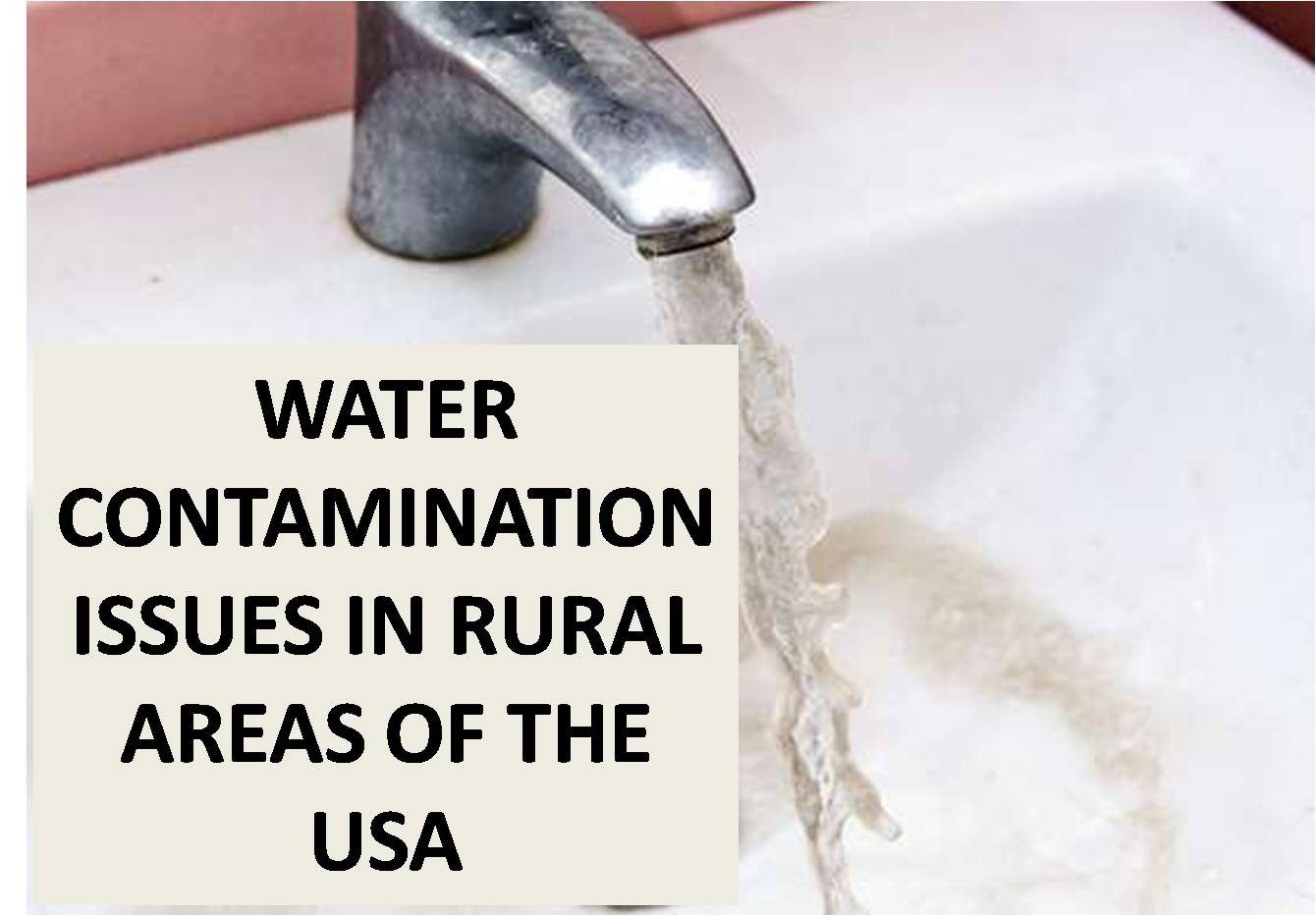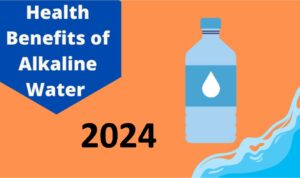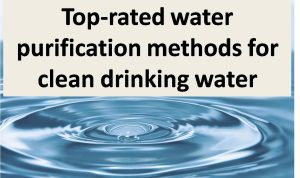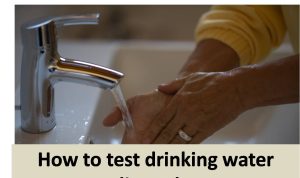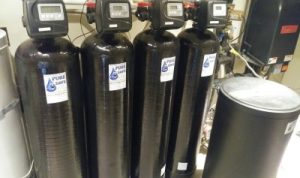Water Contamination Issues in Rural Areas of the USA
Water Contamination Issues in Rural Areas of the USA-Water contamination is a significant concern in rural areas of the United States, posing serious health risks to residents and impacting the environment. In many rural communities, access to clean and safe drinking water is a pressing issue that requires immediate attention and action.
This article will explore the causes of water contamination in rural areas of the USA, its effects on public health and the environment, and potential solutions to address this critical problem.
Causes of Water Contamination in Rural Areas:
- Agricultural Runoff: The heavy use of fertilizers, pesticides, and herbicides in farming practices can lead to contamination of water sources through runoff, particularly in rural agricultural areas.
- Aging Infrastructure: Many rural communities have outdated water treatment facilities and distribution systems that are prone to leaks and contamination, leading to the presence of harmful substances in drinking water.
- Industrial Pollution: Industries located in rural areas may discharge pollutants into water bodies, contaminating local water sources and affecting nearby communities.
- Septic Systems: Improperly maintained septic systems in rural areas can leak harmful bacteria and pathogens into groundwater, contaminating drinking water sources.
- Natural Sources: Naturally occurring contaminants such as arsenic and radon can also contribute to water contamination in rural areas, posing health risks to residents.
READ THIS: Top-rated water purification methods for clean drinking water
Effects of Water Contamination:
- Public Health Risks: Contaminated water can contain harmful bacteria, viruses, chemicals, and heavy metals that can cause a range of health problems, including gastrointestinal illnesses, reproductive issues, and even cancer.
- Environmental Damage: Water contamination can harm aquatic ecosystems, leading to the decline of fish and other wildlife populations, as well as polluting rivers, lakes, and groundwater.
- Economic Impact: Water contamination can have significant economic consequences for rural communities, including increased healthcare costs, decreased property values, and loss of revenue from tourism and agriculture.
Solutions to Address Water Contamination:
- Infrastructure Improvement: Investing in upgrading water treatment facilities and distribution systems in rural areas can help prevent water contamination and ensure access to clean drinking water.
- Education and Outreach: Providing education to residents about proper waste disposal, well maintenance, and water conservation practices can help reduce water contamination in rural communities.
- Regulatory Measures: Implementing and enforcing regulations to control pollution from agricultural runoff, industrial discharges, and septic systems can help mitigate water contamination issues.
- Water Testing and Monitoring: Regular water testing and monitoring programs can help identify sources of contamination and take timely action to address water quality issues.
- Community Engagement: Engaging local communities in decision-making processes related to water management and conservation can foster sustainable practices and ensure the protection of water resources.
SEE THIS: Best home water filtration systems for well water
Conclusion on Water Contamination Issues in Rural Areas of the USA
Water contamination is a critical issue facing rural areas of the USA, with far-reaching implications for public health, the environment, and the economy. By implementing comprehensive strategies that address the root causes of water contamination and involve collaboration between government agencies, communities, and stakeholders, we can work towards ensuring access to clean and safe drinking water for all residents of rural America.

